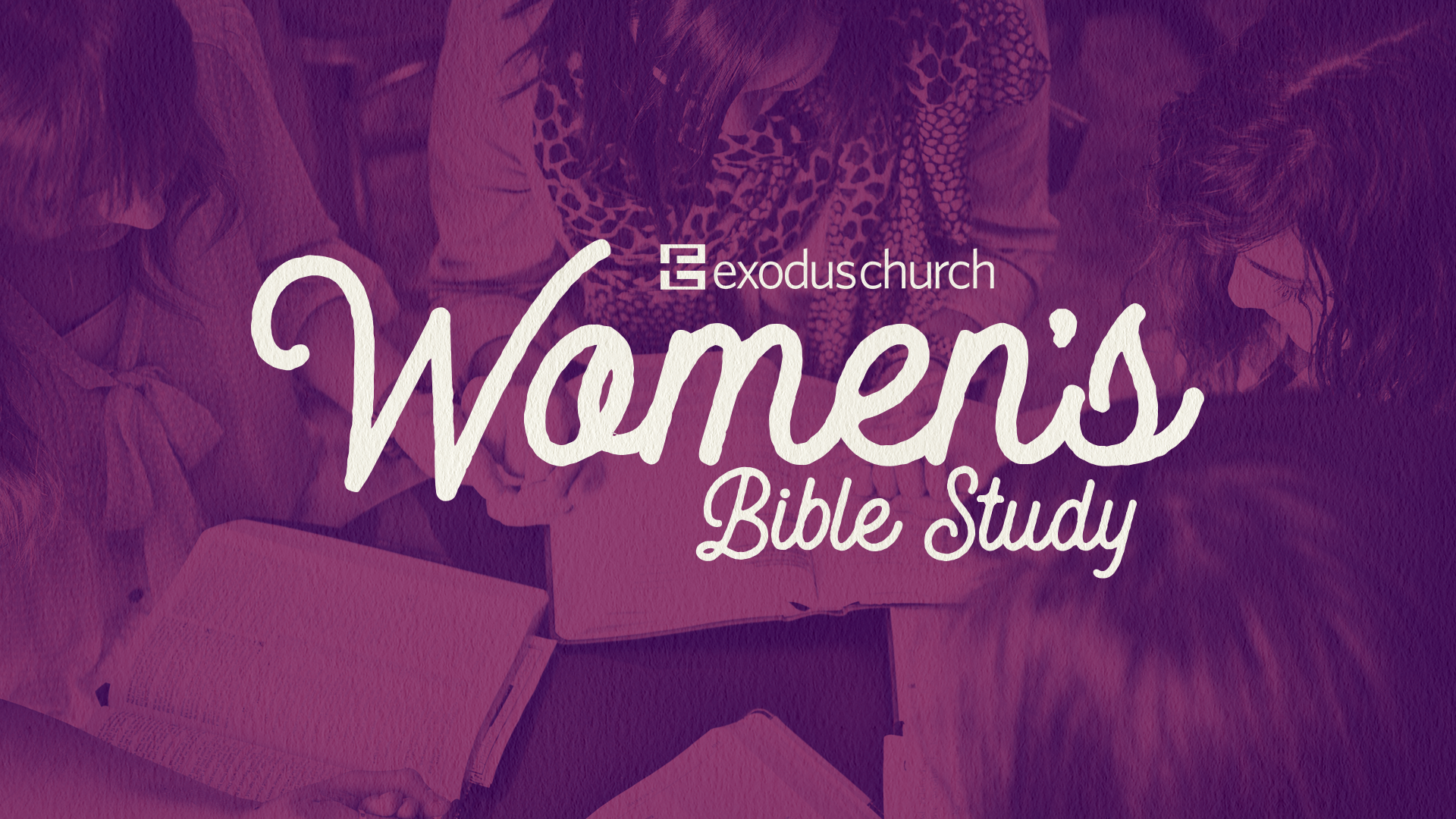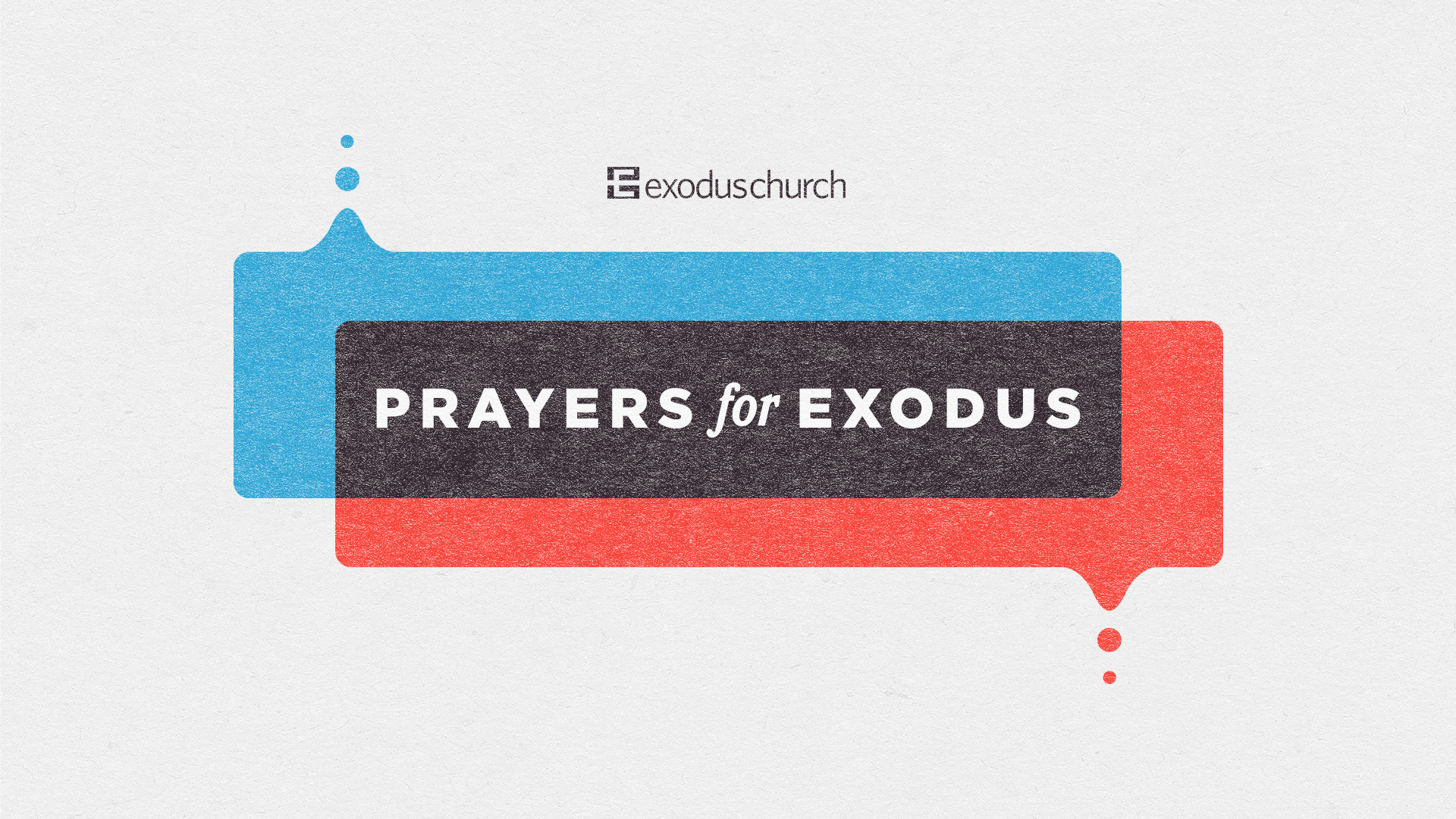On Sunday, as part of the Counter Cultural Women sermon, I taught that 1 Timothy 2:11-15 was Scripture that was to be believed and followed today. In other words, that women are not permitted to teach or have authority over men in the local church. I clarified this passage to mean that women are not allowed to serve in the office of elder since elders are to be those who teach and rule in the local church (1 Timothy 5:17). So, Paul is not saying that women can’t teach at all (since there were women like Priscilla who did in Acts 19), but that women can’t teach in a way that assumes elder authority in the Church.
In response to the message, I was asked via text message about other denominations or networks that have women who serve as pastors.
Why do other protestant churches allow women pastors if Paul instructed against it? Do they translate the passage differently?
I think this is a very good question. I hope the following is a good answer.
First, at Exodus, we believe that men and women are equals before God. We also believe that men and women were made to complement one another so that there is something unique about what it means to be a man and something unique about what it means to be a woman. Finally, we believe that this beautiful complementary display works better when the differences are valued and displayed rather than ignored or extinguised.
Second, we believe that men and women both have tremendous gifts that must be mobilized for the ministry of the gospel in the world. We want to be faithful to do that at Exodus and are working hard to make sure that this is happening. Other than the office of elder, there are thousands of roles men and women can fulfill to serve Jesus in his global mission.
Now to the question. There are several ways people look at 1 Timothy 2 and come away with a different perspective. I’ll highlight some of them below.
In their commentary on the passage, Kent Hughes and Bryan Chappell highlight the following ways people approach this passage.
- Paul is just wrong. They would look at the passage and simply say Paul was incorrect in what he stated (or that he’s just stating his opinion). This creates problems for anyone who wants to say that the Bible is any kind of authority. How do you decide where Paul is right and where he is wrong?
- Paul was speaking specifically to Ephesus. Those who hold this position would say that Paul is simply speaking culturally to the people at Ephesus and that his commands have no binding on us today. But, Paul roots his argument not in culture, but creation in vv. 13-14.
- Redefine terms – authority means don’t be mean. There are those who understand this passage to teach that women can teach and excercise authority, but not do so in a mean way. While we would say that women are able to teach in some sense in the local church and that they should not be mean. To disconnect authority here from the context of elder authority doesn’t do justice to the context.
- It works so let’s do it. This position simply ignores what the Bible says in favor of what works in todays culture.



